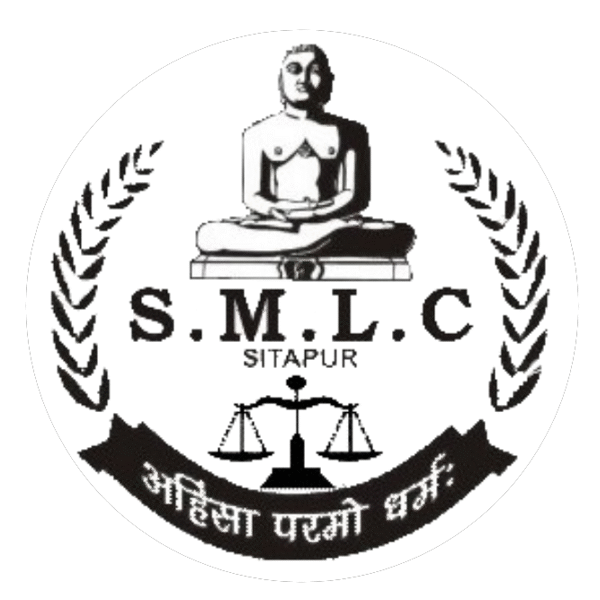LEGAL PATH
A legal career involves working in the field of law as a lawyer, judge, legal advisor, corporate counsel, or in related roles like legal academia, policy-making, or compliance.
Career Options
- Litigation:
- Practice as an advocate in courts (district, high court, or Supreme Court).
- Steps in India:
- Enroll with a State Bar Council after LLB.
- Clear the All India Bar Examination (AIBE) to practice as an advocate.
- Work under senior lawyers or independently.
- Specializations: Criminal law, civil law, family law, etc.
- Corporate Law:
- Work with law firms (e.g., Amarchand Mangaldas, AZB & Partners) or in-house legal teams of companies.
Focus areas: Mergers and acquisitions, contracts, intellectual property, or compliance
- Judiciary:
- Appear for Judicial Services Exams (e.g., PCS-J in India) to become a civil judge or magistrate.
- Higher judiciary roles (High Court/Supreme Court judge) require extensive experience.
- Legal Academia:
- Teach law at universities or conduct research. Requires LLM/PhD and clearing NET/SET exams in India.
- Government Roles:
- Public prosecutors, legal advisors in government departments, or roles in bodies like SEBI or RBI.
- Alternative Careers:
- Legal journalism, policy analysis, NGOs (e.g., human rights, anti-ragging advocacy), or legal tech (e.g., contract automation).
Steps to Build a Legal Career
- Internships: Gain practical experience through internships with law firms, courts, NGOs, or corporate legal departments. In India, internships during LLB are crucial for networking and skill-building.
- Networking: Join bar associations, attend legal seminars, and connect with professionals on platforms like LinkedIn.
- Moot Courts and Competitions: Participate in moot courts, debates, or legal writing competitions to hone advocacy skills.
- Continuing Education: Stay updated with legal developments through journals, workshops, and certifications.
- Specialization: Choose a niche (e.g., cyber law, environmental law) based on interest and market demand.


